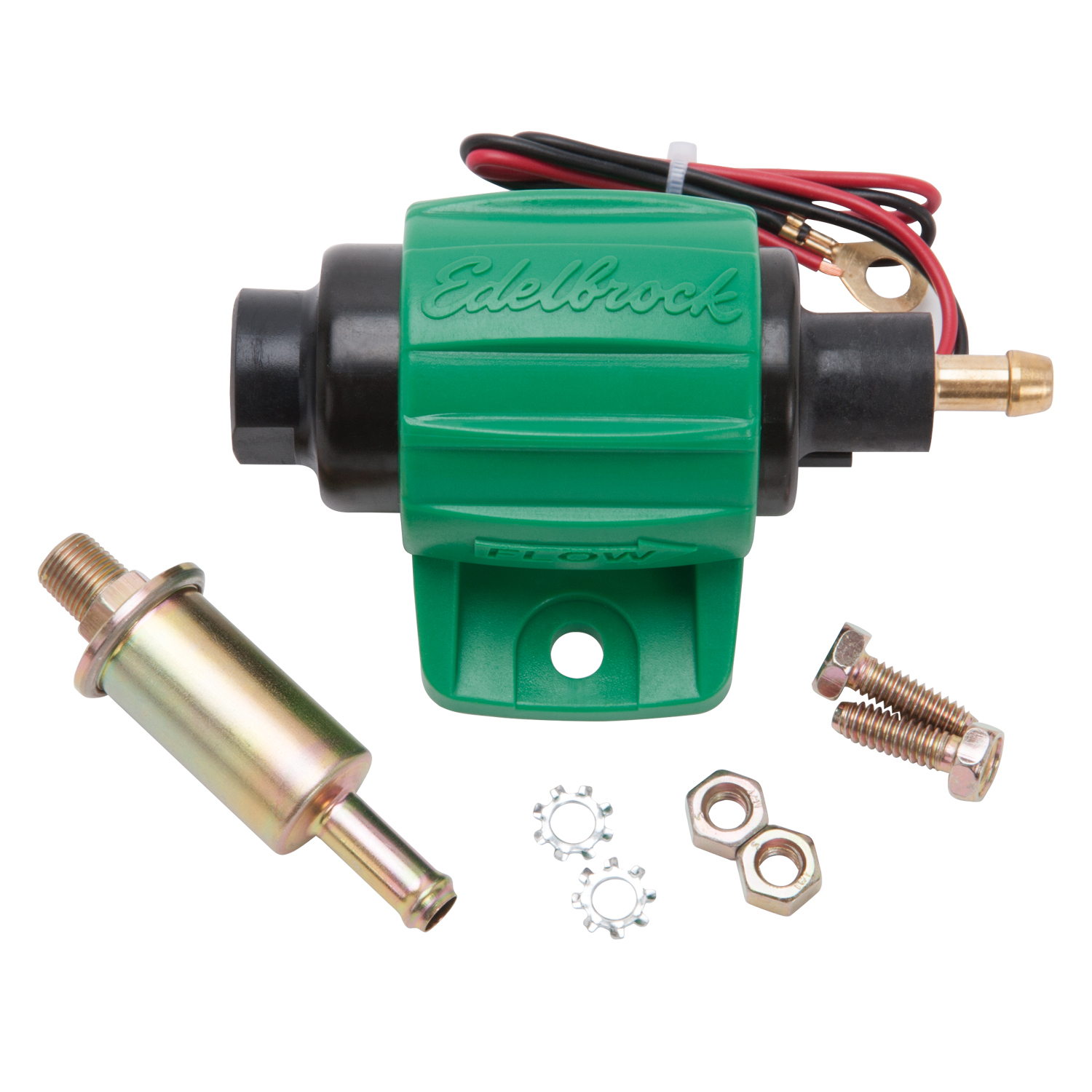Mechanical lift pumps play a crucial role in various industries, ensuring the efficient transfer of fluids. However, like any mechanical component, they can experience issues over time. In this blog post, we will explore the signs that indicate a failing mechanical lift pump and provide practical solutions to address the problem. Whether you're a professional mechanic or a curious individual, this comprehensive guide will help you diagnose and troubleshoot potential pump issues.
- Unusual Noises:
One of the first indicators of a failing mechanical lift pump is the presence of unusual noises. If you hear grinding, squealing, or knocking sounds coming from the pump, it's a clear sign that something is wrong. These noises often suggest worn-out bearings, damaged impellers, or misaligned components. Ignoring these sounds can lead to further damage and potential pump failure. - Decreased Fluid Flow:
A noticeable decrease in fluid flow is another red flag for a failing mechanical lift pump. If you observe a significant drop in the pump's output, it could indicate issues such as clogged filters, worn-out seals, or damaged valves. Monitoring the flow rate regularly and comparing it to the pump's specifications will help you identify any abnormalities and take appropriate action. - Inconsistent Pressure:
Mechanical lift pumps are designed to maintain a consistent pressure during operation. If you notice fluctuations or inconsistent pressure readings, it could be a sign of a failing pump. Common causes include air leaks, worn-out diaphragms, or faulty pressure regulators. Regularly monitoring and recording pressure readings will help you identify any deviations and diagnose the underlying issue. - Excessive Vibrations:
Excessive vibrations during pump operation can indicate various problems, including misalignment, worn-out bearings, or imbalanced impellers. These vibrations not only affect the pump's performance but also increase the risk of further damage to surrounding components. Conducting a thorough inspection of the pump's mounting, bearings, and impellers can help identify the source of vibrations and prevent potential failures. - Leakage:
Leakage is a clear sign of a failing mechanical lift pump. Whether it's fluid leaking from the pump body or oil seeping through gaskets and seals, addressing the issue promptly is crucial. Common causes of leakage include worn-out seals, damaged gaskets, or cracked pump housings. Regularly inspecting the pump for any signs of leakage and replacing faulty components will help maintain its efficiency and prevent costly repairs.
Conclusion:
Identifying the signs of a failing mechanical lift pump is essential for ensuring the smooth operation of various industries. By paying attention to unusual noises, decreased fluid flow, inconsistent pressure, excessive vibrations, and leakage, you can diagnose pump issues early on and take appropriate measures to prevent further damage. Regular maintenance, including cleaning, lubrication, and component replacement, will help extend the pump's lifespan and optimize its performance. Remember, addressing pump problems promptly not only saves time and money but also prevents potential accidents and downtime.


